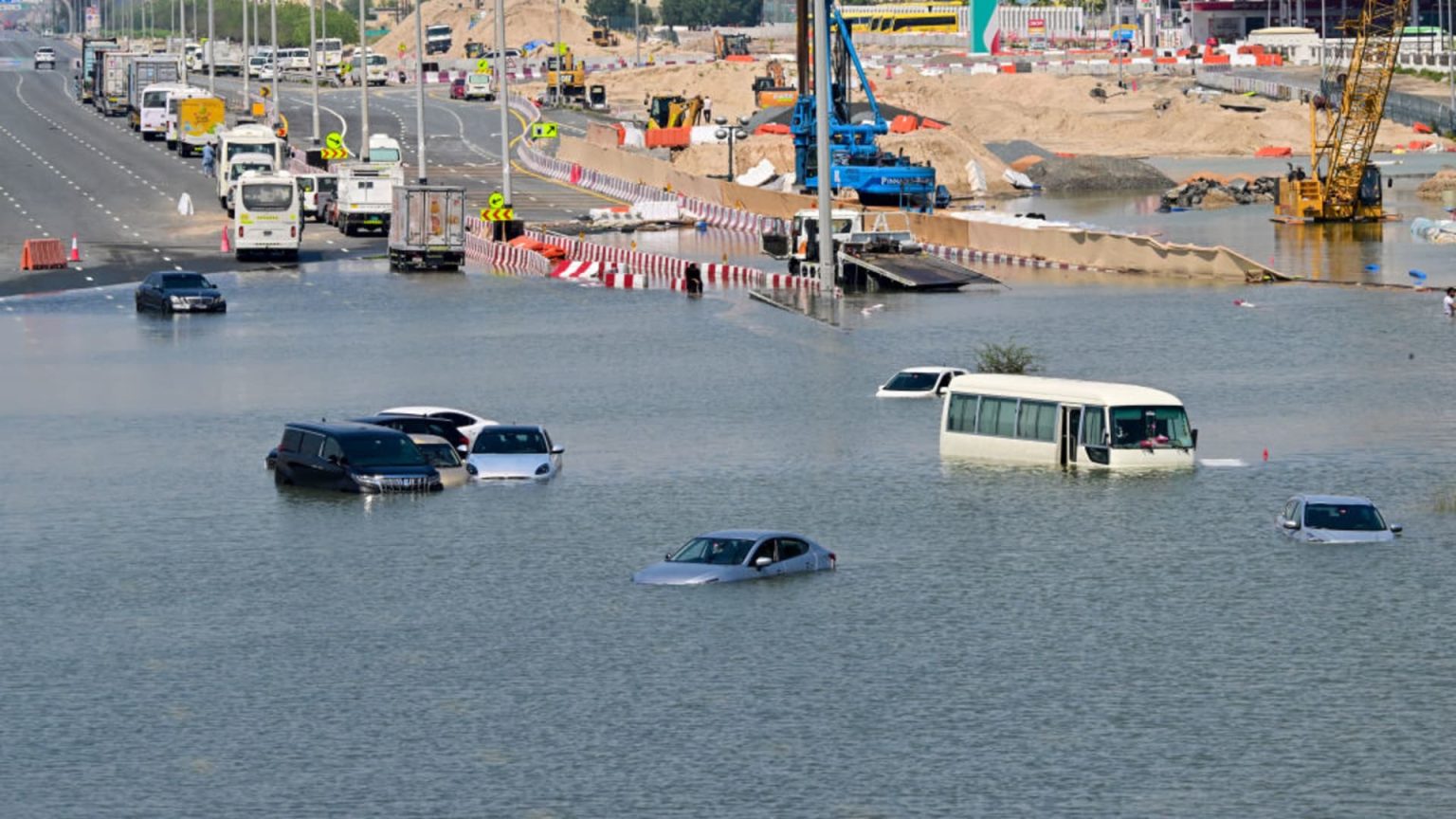The recent flooding in Dubai highlighted the challenges faced by major global cities in managing heavy rainfall amidst climate change. Urban environments like Dubai, built on previously uninhabitable areas, block natural water absorption systems, exacerbating drainage issues. With increasing populations and waste production, cities face difficulties in managing water runoff effectively. Last week, the UAE experienced exceptionally high levels of rainfall, with Dubai receiving amounts equivalent to its annual average rainfall, causing significant flooding. This is attributed to the urban development practices of pouring concrete over natural terrains, preventing water from being absorbed into the soil.
Urbanization trends contribute to increased waste production, leading to challenges in waste disposal and drainage systems. Even established cities like New York City face similar issues, with inadequate drainage systems unable to handle the intense rainfall events associated with climate change. The saturation of drainage systems due to debris and pollution leads to backups, resulting in flooding of streets, homes, and infrastructure. Greenmetrics.AI, a company specializing in data analytics and rainfall impact prediction, works with civil authorities in Portugal to address these challenges by installing sensors and advising on water consumption.
Cities need to adapt to climate change by implementing resilience technologies to mitigate the impact of more frequent extreme weather events. Solutions such as smart sensors with LIDAR technology and sewer-drain inspecting robots help authorities monitor and manage drainage systems more effectively. Startups like Vapar and 4 Habitos Para Mudar o Mundo are working on innovative solutions to address the issue of urban flooding, by developing sustainable building materials and AI-assisted waste categorization. These initiatives aim to minimize the impact of flooding by improving infrastructure and waste management practices in urban environments.
The increasing frequency of flooding events worldwide serves as a reminder of the urgent need to address climate change. Events like the Dubai flooding demonstrate that climate change has no specific address and affects all regions indiscriminately. To build resilience against the impacts of climate change, cities must implement adaptive measures and invest in technologies that enhance their ability to manage extreme weather events. By integrating data analytics, AI, and innovative solutions into urban planning, cities can better prepare for the challenges posed by climate change and ensure the safety and well-being of their residents.













